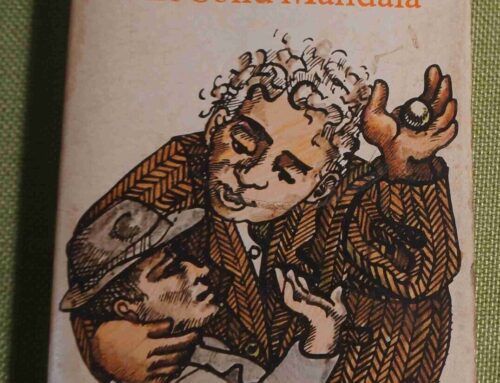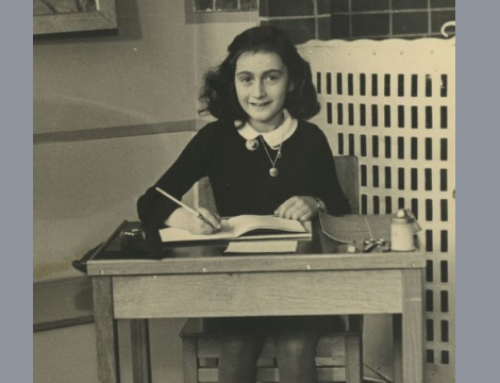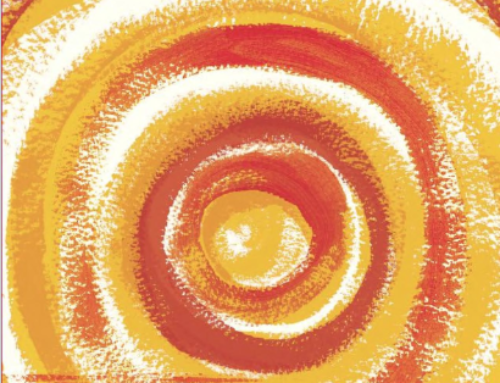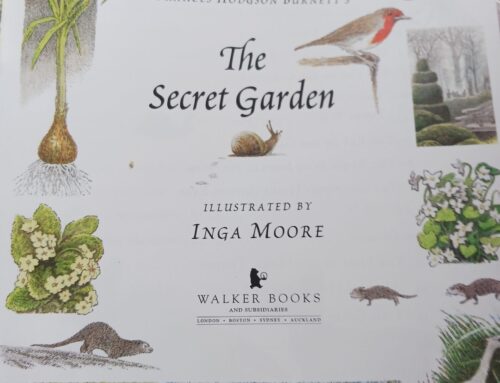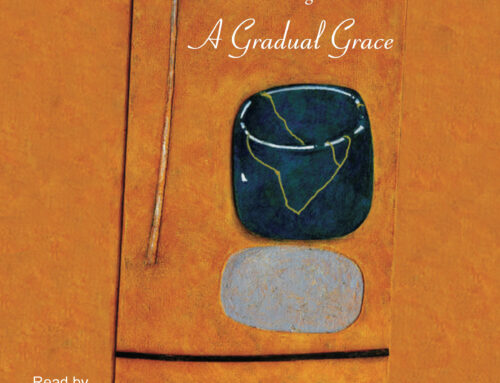
Recently, I saw the film of The Children Act, with script written by Ian McEwan, and the lead role of Fiona Maye, a High Court judge, played by Emma Thompson.
I absolutely loved the film, and will be adding the dvd to my library. Above all, Emma Thompson gripped me in every nuance of her performance. She plays a serious, focused, astute judge with high standards of care and concern for the welfare of the children around whose cases the Family Division of the court devolves. The secondary characters, the scenes, the dialogue, the filming, are all superb.
So I turned to the book, which I hadn’t read. On my first reading, I was disappointed. It seemed taut and dry in comparison to the intense, introverted drama of the film, where feelings were so tightly held in check, occasionally spilling over in uncharacteristic or reckless gestures, with strains of innocent romance, passion, elegiac beauty, glimpses of a life that spills out between the convoluted, rational laws of the land. And I found myself skimming over the lengthy digressions into legal cases and behind the scenes at the law courts.
After a gap of a few weeks, I’ve just re-read it, and it held me better this time. But I still resist the digressions into legal cases and the intricacies of music (Fiona is a classical pianist in her (rare) spare time). McEwan has done a superb job in creating the consciousness of the 59-year-old judge, whose marriage is threatened by her husband’s desire to have an affair.
I”ve become your brother. It’s cozy and sweet and I love you, but before I drop dead, I want one big passionate affair.”
They have not had sex, he informs her, for seven weeks and a day. Little by little, after he exits, we learn the reasons for her emotional retreat and numbness. She had to deliver a judgement as to whether conjoint twins should be separated, and the parasitic life of the weaker twin sacrificed to give his brother the chance of a life. Her judgement was elegant and correct, but she couldn’t let go of the case in her mind, and her own childlessness was the shadow in the wings. The case had shown to her the ‘blind and purposeless nullity’ of a failure in division of the egg:
Merely a gene trascribed in error, an enzyme recipe skewed, a chemical bond severed. A process of natural wastage as indifferent as it was pointless…. She was the one who had dispatched a child from the world, argued him out of existence in thirty-four elegant pages.
Now, in the midst of her domestic crisis, she has to judge a difficult, urgent case, around a boy who is three months short of turning 18 and becoming, legally, an adult. He is dying of leukemia unless he has a blood transfusion. His parents are refusing on his behalf, because their Jehovah’s Witness religion holds that it is a sin to take into one’s body the blood of another. Fiona decides to do something unusual in the court. She will visit the boy in hospital to ascertain for herself whether the boy, Adam, understands his situation clearly.
The meeting in the hospital is a translucent scene. The judge and the boy begin their dance with the shadow of death. He tells her of his belief that Satan is working actively in the world against God, and that he intends to ‘crush him by obeying God’s commandments’ and dying.
Adam plays with her, a mischievous, gifted, provoking child, until she gets under his skin by warning him of the risks, not only of a painful, suffocating death, but of a partial recovery leaving him permanently damaged, if he does not have a transfusion. The mood shifts, and he reads her a poem he has written. She tells him it has ‘a touch, a very small touch, mind, of real poetic genius.’
She prepares to leave, after more circling round the question of life or death. He pleads with her to stay. To smooth her departure, she asks to see his violin, and he plays a tune, Benjamin Britten’s setting of the Yeats poem, ‘Down by the Salley Gardens’. She knows the tune well. She takes an even bigger risk, and asks him to play it one more time, and she sings it. This sets the seal on their relationship, which is wildly unequal.
His devotion to her has all the passion and idealism of a youth’s first love. She, a married woman in her sixtieth year, resumes her life in the courts and broods on her husband’s betrayal of her. Adam recovers after a transfusion. She goes on circuit, and he follows her and makes an impossible, yet innocent, proposition.
Fiona’s unwitting enchantment of this ‘lovely boy’, her gift to him of life which has a consequence she could not have foreseen, her moral struggles over right actions towards him when he pursues her, unfold over the remaining scenes in the story. The tragic ending is both shadowed forth and unexpected, all the more shattering because she discovers the truth almost by accident. McEwan’s delicate and sensitive narrative holds in balance the conflicts between religion, the law, reputation, the child’s welfare, and the passion for life and meaning that escapes the taut, silken threads of all these constraints and spills over with messy consequences.
Ultimately, if there is a moral to this story, it is that life and meaning are larger than the constraints of society and its institutions, and transgressions and their consequences are human and inevitable.
